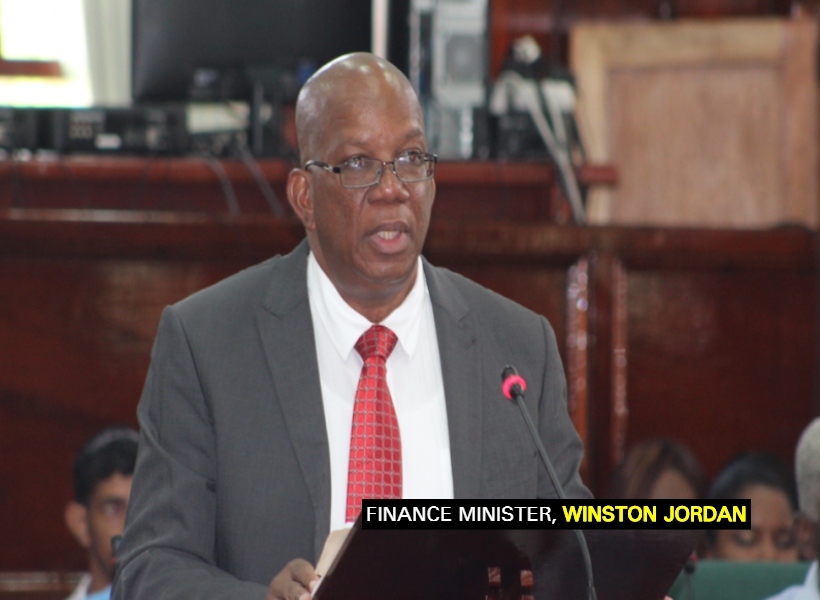According to the Ministry of Finance, the government recognises that billions of dollars in oil revenue are on the horizon but the monitoring and expenditure systems for same remain weak in various areas.
In light of this, the Ministry noted in the 2019 Half-Year Report that a key focus and mandate for Budget 2020 will be accelerating institutional strengthening in preparation for first oil and oil revenues.
The ministry noted that institutional strengthening for oil and gas will have at least two facets. It explained that the first will be capacity building for public institutions in the discharge of their regulatory role within the petroleum industry, while the second will be the strengthening of public institutions to effectively utilise anticipated increased resources in the future.
For the former, the ministry explained that institutions such as the Guyana Revenue Authority, the Department of Energy, and the Civil Defence Commission must focus on building capacity for cost audits, designing and negotiating production sharing agreements, and oil spill management and preparation, respectively, among many other areas.
Through the Inter-Ministerial Technical Committee on Petroleum (IMTCoP), which was established in 2017, the ministry said that the government has so far identified more than 70 areas for strengthening across nine institutions.
It said that the imperative is to ensure that Guyana’s institutions are sufficiently equipped so that resource extraction delivers the maximum allowable benefit to the country, while assuring the safety of the environment and citizenry. The ministry said that the failure to do so could result in revenue leakages and other externalities, to the detriment of Guyana’s current and future generations.
With regard to the second critical aspect of institutional strengthening mentioned above, the Finance Ministry said that this is to ensure that public institutions are equipped to effectively spend additional revenues expected from oil.
The ministry said that the government is continually cognisant of the need to effectively manage public funds and, given the varying performance of the Public Sector Investment Programme (PSIP) and the unremarkable health and education outcomes in recent history, it recognises that institutions must be reformed and improved significantly to ensure that revenues are not wasted.
It further stressed that proposing increased allocations for drugs and medical supplies when procurement is inefficient, increasing teacher wages without commensurate increases in education outcomes and a direct linkage to performance, and budgeting to expand national public infrastructure without a sufficient engineering corps and quality control, are all recipes for wastage of public funds. As such, the Finance Ministry said that all sectors are mandated to prioritise institutional strengthening so that they can attain the capacity to effectively deliver expanded public programmes and services, with a focus on achieving the results and ambitions set out in the Green State Development Strategy: Vision 2040, which incorporates the Sustainable Development Goals.













